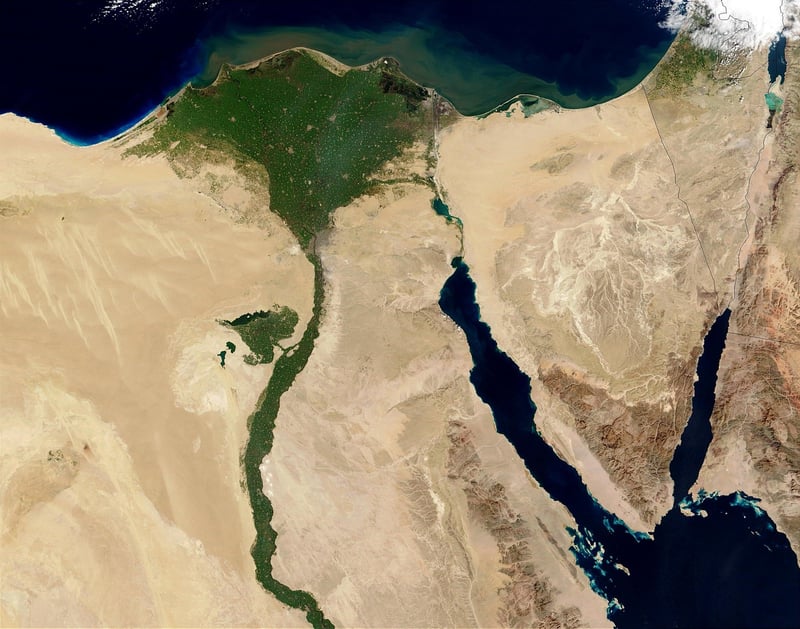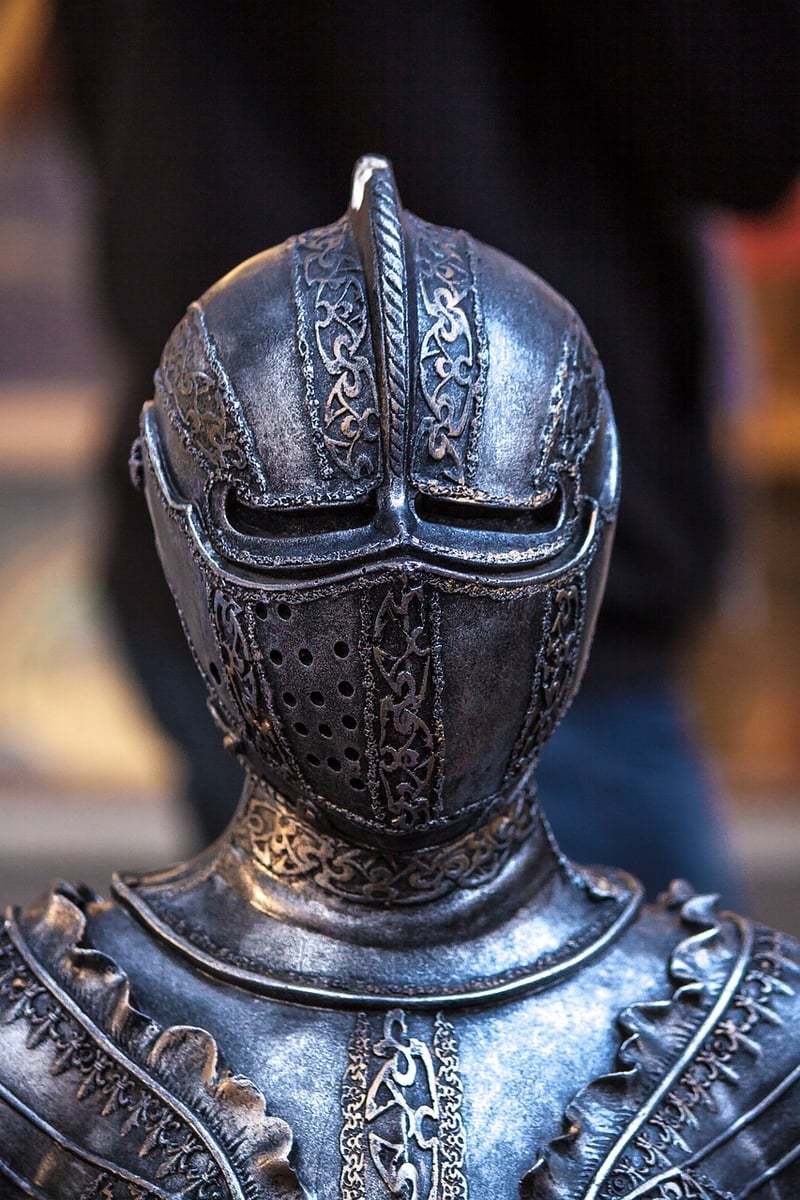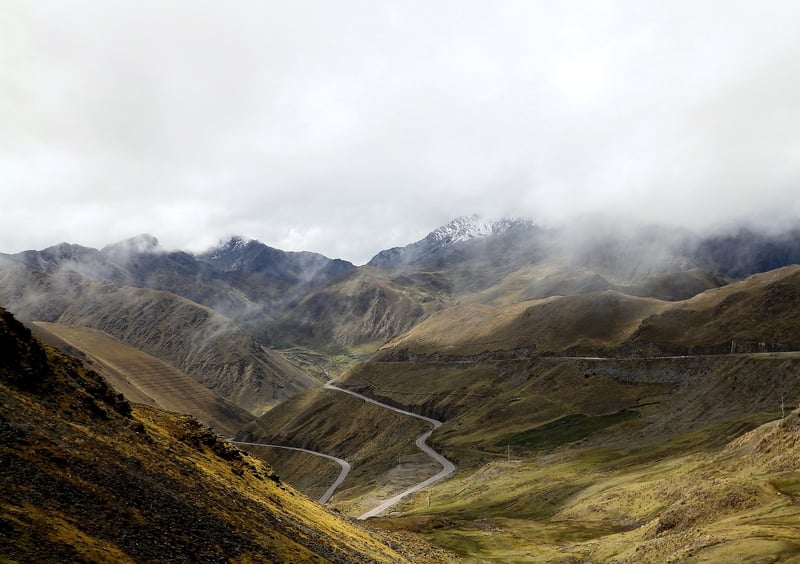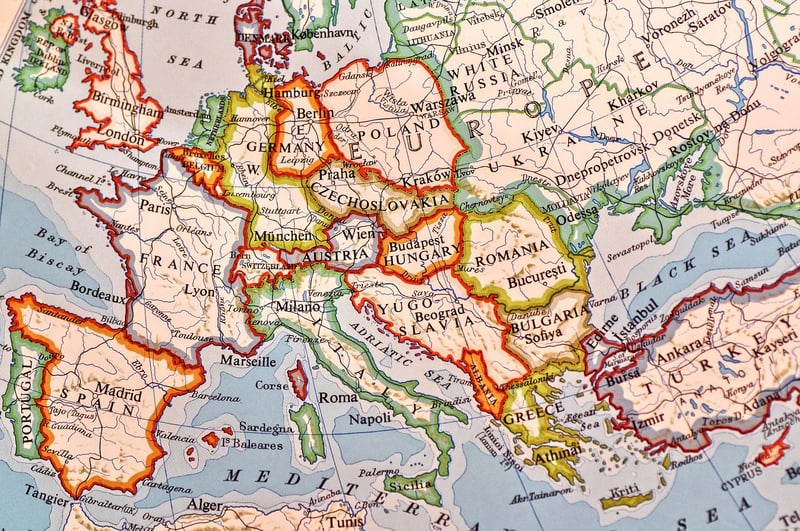Future Worlds
Exploring Different Historical Periods and Future Worlds
Introduction
History offers a fascinating lens through which we can understand the past, appreciate the present, and envision the future. By exploring different historical periods and contemplating future worlds, we gain insights into human achievements, challenges, and the possibilities that lie ahead.
Ancient Times: The Cradle of Civilization
Ancient civilizations such as Mesopotamia, Egypt, Greece, and Rome laid the foundation for modern society. From the invention of writing in Mesopotamia to the architectural marvels of ancient Egypt, each era left a lasting impact on culture, technology, and governance.

The Middle Ages: Feudalism and Empires
The Middle Ages witnessed the rise of feudalism, the spread of Christianity, and the flourishing of empires such as the Byzantine Empire and the Islamic Caliphates. This era was characterized by chivalry, crusades, and the European Renaissance.

The Age of Exploration: Global Encounters
The Age of Exploration saw European powers navigate uncharted waters, leading to the discovery of new lands and the exchange of goods, ideas, and cultures. Explorers like Columbus, Magellan, and Zheng He reshaped the world map.

Industrial Revolution: The Birth of Modernity
The Industrial Revolution transformed societies with innovations in manufacturing, transportation, and communication. Steam engines, factories, and urbanization marked this period, laying the groundwork for the modern world.

Future Worlds: Imagining Tomorrow
Looking ahead, future worlds hold promises and challenges. From advancements in AI, space exploration, sustainability, and biotechnology to the ethics of genetic engineering and climate change, the future is a canvas waiting to be painted.

Conclusion
Exploring different historical periods provides us with a rich tapestry of human experiences, achievements, and lessons. By reflecting on the past and contemplating future possibilities, we can shape a world that honors our history and embraces innovation.
